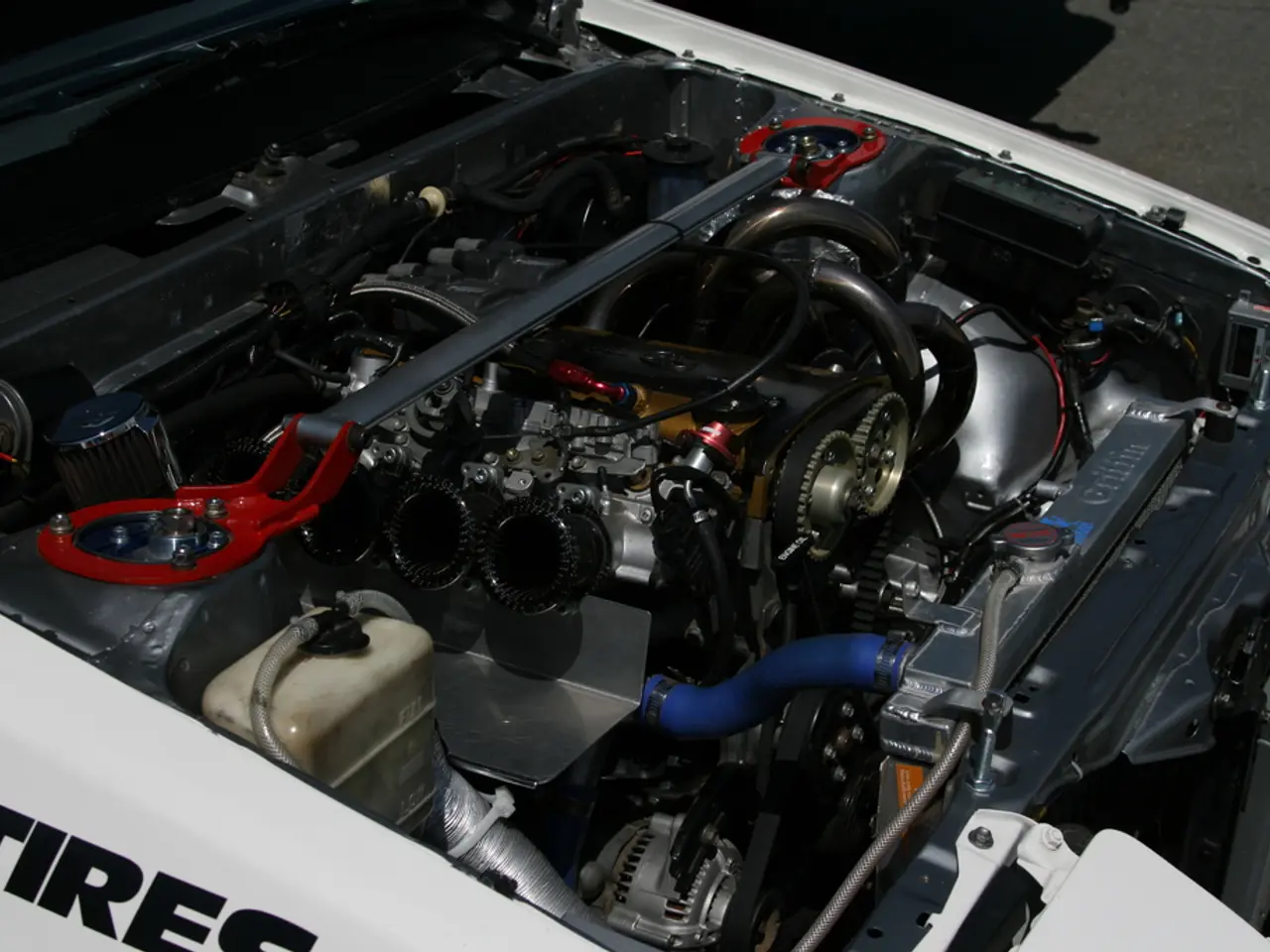Quantinuum, BMW, Airbus Team Up to Boost Fuel Cell Efficiency with Quantum Computing
Quantinuum, BMW Group, and Airbus have joined forces to harness the power of quantum computing for sustainable mobility. Ilyas Khan, Chief Product Officer of Quantinuum, expressed excitement about supporting the two companies in advancing this field.
The collaboration, which began in 2023, focuses on simulating the oxygen reduction reaction (ORR) in fuel cells using quantum computers. This reaction, crucial for fuel cell efficiency, is slow and requires a large amount of platinum catalyst. Understanding it better could lead to alternative materials that improve performance and reduce production costs.
The team, led by Dr. Peter Lehnert of BMW Group, has developed a hybrid quantum-classical workflow to speed up research. They successfully modeled the ORR on the surface of a platinum-based catalyst using Quantinuum's H-Series quantum computer. Airbus, aiming to develop the world's first hydrogen-powered commercial aircraft by 2035, sees this as a key step towards its goal.
The three companies plan further collaboration to explore the use of quantum computing for other industrial challenges. By simulating complex chemical reactions like the ORR, they aim to accelerate the development of sustainable mobility solutions.
Read also:
- Inadequate supply of accessible housing overlooks London's disabled community
- Strange discovery in EU: Rabbits found with unusual appendages resembling tentacles on their heads
- Duration of a Travelling Blood Clot: Time Scale Explained
- Fainting versus Seizures: Overlaps, Distinctions, and Proper Responses






